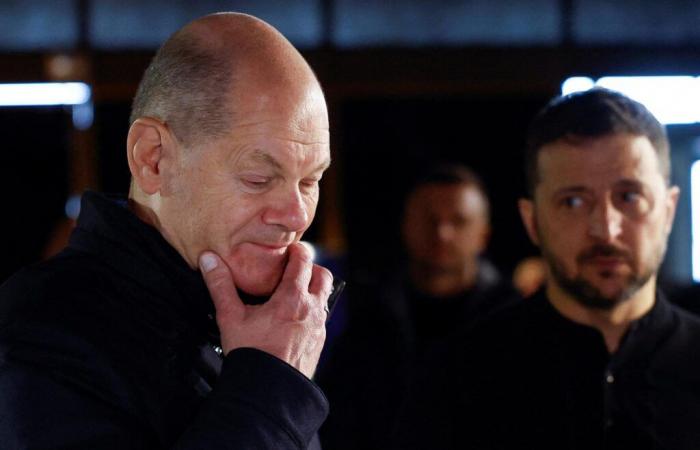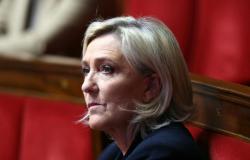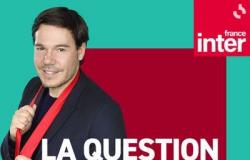A night on the train, a meeting with Ukrainian President Volodymyr Zelensky and some photos in a hospital with soldiers wounded at the front…, Olaf Scholz's lightning visit to kyiv on Monday December 2 was intended to be a sign of support for Ukraine and a strong political gesture from a chancellor in the middle of an electoral campaign. The Germans are called to the polls on February 23 for early legislative elections and differences between parties are emerging on this ultra-sensitive subject.
This Monday in kyiv, wrapped in a black coat, the German Chancellor has broadcast his favorite message since February 24, 2022, namely support “as long as it takes”. “We have endurance, and we will stand by Ukraine,” he insisted. Olaf Scholz regularly reminds us that his country is the main European supplier of military aid to kyiv: it has delivered 28 billion euros worth of equipment. And this will be the case again this month, with the dispatch of drones, IRIS-T air defense systems and munitions. He has also recently campaigned for a reform of the very strict financial rules in Germany, in order to be able to help Ukraine in the long term without having to cut other federal budgets.
Olaf Scholz and the fear of climbing
At the same time, Olaf Scholz assumes a certain « prudence ». Even alongside Volodymyr Zelensky, in kyiv, he recalls his refusal to deliver long-range Taurus missiles, capable of hitting targets on Russian soil. Question of principle for a social democrat who, for a short year, has been playing the card of “chancellor of peace” facing nuclear risks. “We must act with reason, to prevent any escalation. I did it and I stick to it,” he said a few days ago, to the applause of an audience of municipal officials from his party.
“Olaf Scholz has a problem: his party traditionally presents itself as the party of peace. Its left wing demands peace negotiations and restraint in terms of arms deliveries. The pressure is therefore strong. At the same time, the more right wing massively supports Ukraine. Olaf Scholz must find a balance”, comments Emanuel Richter from Aachen University.
The chancellor's recent telephone call with Vladimir Putin – much criticized here – after two years of radio silence is part of this balancing act, before the arrival of Donald Trump at the White House, and responds to the rise of anti-war voices in German society. In the east of the country in particular, the far right (AfD) and the populist Sahra Wagenknecht Alliance movement are gaining votes by demanding, among other things, immediate peace negotiations and an end to military support for kyiv.
The CDU leader is more determined
Faced with Olaf Scholz, the favorite in the chancellor race, the Christian Democrat Friedrich Merz wants to be more determined. He clearly supports sending long-range Taurus missiles “if attacks against the civilian population” continue. He also accuses the chancellor of “playing on the fears of the Germans” by evoking risks of escalation and nuclear war. “It’s time to overcome our fear of Putin,” he recently said, making the far right say that “those who vote for Merz will vote for war”.
“It’s very exaggerated,” comments political scientist Emanuel Richter. “When we follow Friedrich Merz, we see that he would like to act more quickly and with less hesitation than Olaf Scholz. But the differences in the positions of his party and those of the SPD are actually quite minimal. he notes. The fear of a drop in American support for kyiv also seems to have moved the lines within the conservative right. Still opposed to this idea a few days ago, Friedrich Merz is now also talking about a reform of the constitutional rule of the debt brake. And this, among other things, to help kyiv in the long term.






